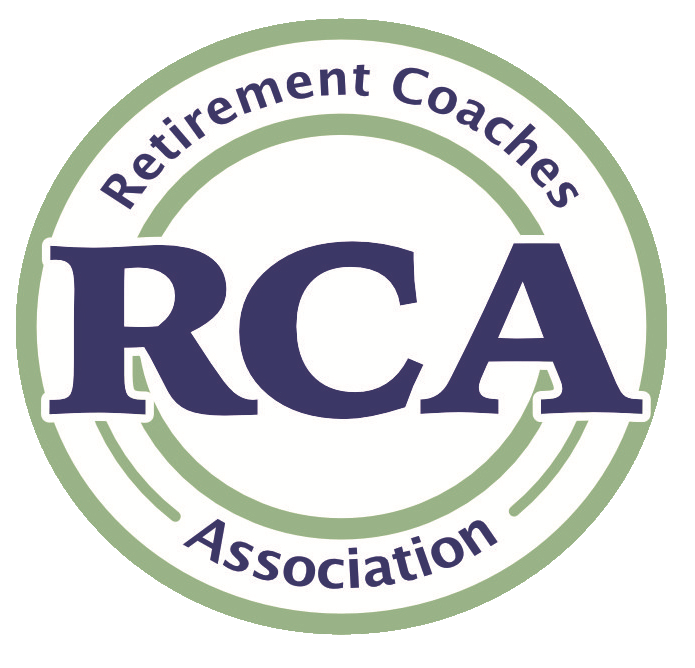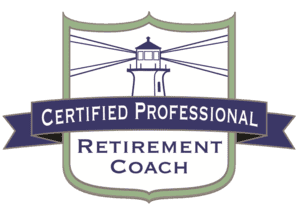Retirement is the time to embark on your next adventure with new zeal. It’s a time to find a purpose and drive for your life’s second act. Many of us feel lost and empty during this phase, with loneliness having an emotional impact. However, setting goals, creating a plan, and figuring out what drives you will help you gain a new start towards a happy retirement!!
If you are ready to find new meaning and purpose in your life so you can achieve the healthy and happy retirement you deserve, consider the assistance of a retirement coach who empowers, educates, inspires, and raises awareness of executives like you.
Here are our top 10 tips that can help you foster new ideas for the second phase of your life.
10 tips for a happy and healthy retirement
#1: Develop purpose & meaning
Now that you are retired, what is it that will get you out of bed?
You need to make every day meaningful and have a new sense of purpose. Now is the time to invest in yourself—and we don’t mean just through money. After retirement, you need to change your focus from wealth to health and start thriving.
People with a sense of purpose have a significantly lower death rate and are happier than those who feel lonely and aimless. However, it is ultimately you who has to find out what inspires you and just what your happy zone looks like.
#2: Replace your work identity
Transitioning from work to a happy retirement can be a bumpy experience for some. It’s especially so for those who start to question their identity and feel puzzled over how to structure their new routine, as their work routine starts to fade into the background.
Although many welcome the new freedom and flexibility, some experience constantly being at loose ends similar to the struggle of restructuring their lives after many years of gainful employment. When faced with retirement transition, many people take up a different identity for a new sense of purpose and direction.
#3: Focus on your health
Retirement is the time for you to take it easy. According to a Merrill Lynch study, Americans over 50 years of age name healthcare costs as their greatest concern, irrespective of their wealth. Still, many of them do not factor in healthcare costs while they are nearing retirement.
The best plans for a happy retirement do not just focus on the money that you have, but also how to renew, refresh, and re-invigorate yourself and your health. Prioritize yourself, then ask what do you enjoy doing the most now? Is it gardening, walking, or another hobby that keeps you refreshed? Staying vital, staying focused, and above all staying relevant to yourself is key.
#4: Develop a routine
You may find that getting up, eating, and sleeping at the same time every day feels more normal. You can plan your day in advance to include activities like volunteer work, exercise, hobbies, or assisting your former workplace in the knowledge transfer process.
It is important that you keep a schedule and ask yourself, “Who energizes me?” Then make conscious efforts to be around these people.
Retirement is a major life change and for most of us, it is not fun. By establishing a routine, you can avoid the boredom and restlessness that can accompany the onset of retirement. Whether your days and evenings of leisure leave you feeling excited or dull, having a routine can help.
#5: Make a retirement plan
Lots of people just spend their lives working day to day, month to month, and even year to year. Once they reach retirement, they feel clueless about what to do next.
You can make retirement the best time of your life, but it is advisable that you plan well in advance for what it is that you aspire to do. That includes being prepared financially. Working with a financial advisor or retirement coach is an excellent way to achieve your retirement goals.
#6: Stay socially connected
You may be retired, but creating new social connections and friendships is still relevant for your overall wellness. Multiple research studies have reported the benefits of being social and its positive impact on health. Conversely, feeling lonely can have adverse effects. According to research conducted by the University of Chicago, loneliness in older people can increase the chances of premature death by 14 percent. Loneliness also can have twice the amount of impact on early death as obesity.
It doesn’t matter whether you are an introvert or an extrovert, being social and having friends is actually critical to your health and well-being. If you find it difficult to make new friends, you can keep in touch with your workplace friends and plan regular outings to stay connected.
#7: Stay cognitively engaged
Once you approach retirement, mental health becomes as important as physical health. Many studies have shown that learning something new in your later years can help keep you independent and active. Recommendations include finding different ways to challenge yourself mentally. Consider learning a new language, a new musical instrument, or a new set of skills that will keep you excited and energized.
#8: Think about retirement income
It is important to plan and estimate both your retirement income essentials and investments in your later years. You must work out a plan that divides your income into two categories. One is the basic income you need for survival, and the other is a flexible amount that you would like to earn for a desired lifestyle and a happy retirement.
Your retirement assets must be allocated to cover the basic income that is guaranteed for as long as you live. There are certain retirement plans that you can invest in well in advance to cover your expenses once you retire.
#9: Make travel plans
Research says retirement is the time to unwind, relax, and plan that elusive trip that you have dreamed of for so long. If travel is what you have been yearning for, now is the time to focus on it. This also holds true for newly retired professionals who are beginning to feel despair out of boredom.
Whatever you choose, depending upon your health and budget, you can make retirement the most exciting phase of your life. Anything is possible when you plan right.
#10: Think positive
“There is a fountain of youth: it is your mind, your talents, the creativity you bring to your life and the lives of people you love. When you learn to tap this source, you will truly have defeated age.” ― Sophia Loren
It takes three positive emotions to overcome one negative emotion. Grab Gratitude, secure Serenity, and feel Joy. Retirement is your time to thrive, not just survive. Avoid the negative emotions that make you feel alone, insecure, and less relevant, and grab some positivity and optimism in life. Don’t dwell on your working days; focus on what’s next.
Final thoughts
Independence is glorified in the American culture, so when people retire, many withdraw into themselves. Don’t let this happen to you. Make a roadmap and follow it through to keep your retirement interesting and fulfilling.
You can also work with a retirement coach and plan your transition comfortably. Retirement Coaches help clients avoid pitfalls and foster new ideas for their life path. With our expert help and support, your life’s second act will be your best one yet!
Bob Foley is your Retirement Lifestyle Coach and you can reach him by email at bob@retirementlifestylecoach.com or simply by scheduling time on his calendar here.




